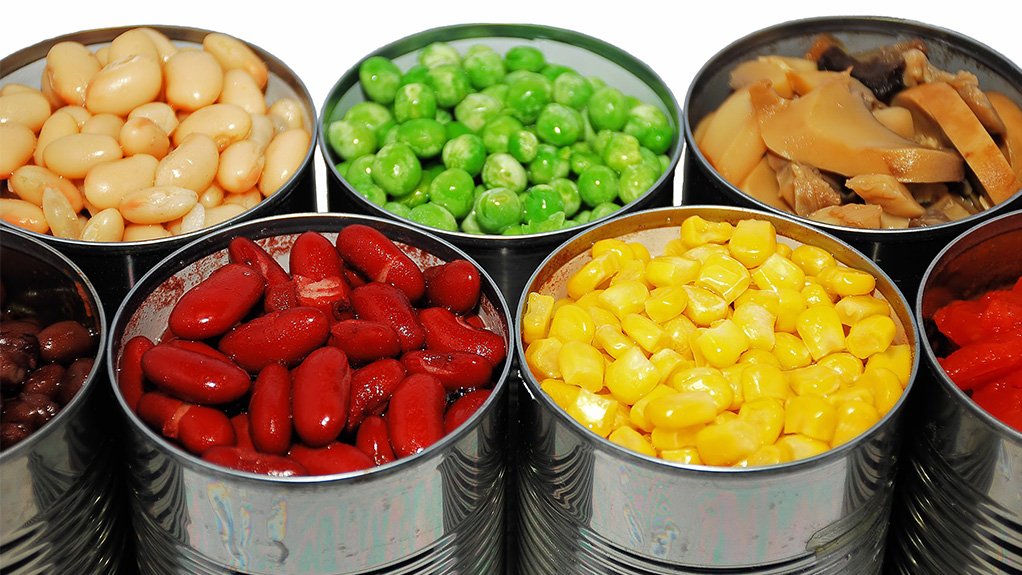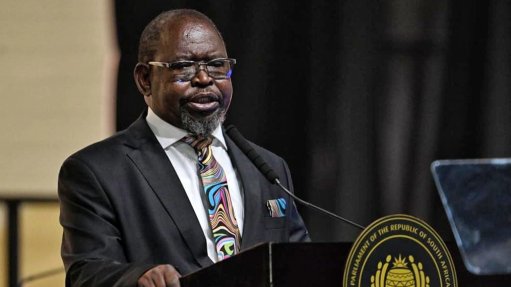World Bank suggests actions for lower-emission agricultural land use
The World Bank has outlined in a report the actions that every country can take to make the global agrifood system more sustainable and achieve markable reductions in greenhouse-gas (GHG) emissions.
The bank says the world is faced with a largely misunderstood reality in that the system that feeds us is also feeding the planet’s climate crisis.
The global agrifood system emits about 16 gigatons of GHGs every year – about a third of global emissions.
The World Bank finds that, through affordable and readily available actions such as changing how middle-income countries use land, for example, the agrifood system can significantly lower GHG emissions in accordance with the Paris Agreement to limit global heating to 1.5 ˚C above pre-industrial levels, while continuing to feed a growing population.
Additionally, these actions can help the food system better withstand climate change, the ‘Recipe for a liveable planet: achieving net zero emissions in the agrifood system' report states.
The World Bank recommends that high-income countries can lead the way by giving more support to low- and middle-income countries so they can adopt low-emission farming methods and technologies, including technical assistance for forest conservation programmes that generate high-integrity carbon credits.
High-income countries can also shift subsidies away from high-emitting food sources. This would reveal their full price and help make low-emission food options cheaper in comparison.
Currently, too little money is being invested in cutting agrifood emissions, and agrifood lags other sectors in financing for climate action. Finance for reducing or removing emissions in the agrifood system currently comprises just 2.4% of total mitigation finance.
Middle-income countries have an outsized role to play through greener practices such as reducing emissions from livestock and rice, investing in healthy soils, and cutting food loss and waste — and using land more efficiently. One-third of the world’s opportunities to reduce agrifood emissions relate to sustainable land use in middle-income countries.
Low-income countries can chart a different way forward, by avoiding the mistakes made by richer countries and seizing climate-smart opportunities for greener and more competitive economies.
The World Bank says preserving and restoring forests would promote sustainable economic development in low-income countries, as more than half of their agrifood emissions come from clearing forests to produce food.
Innovating practices for reducing agrifood emissions are expanding and becoming cost effective, including chemical methane inhibitors, feed additives from red seaweed, crop roots to sequester carbon, indoor farming methods, precision machinery, plant-based meats, lab-grown protein and other protein sources.
The World Bank states that poorly targeted mitigation policies could raise production costs and food prices in the short term; therefore, a just transition in the agrifood system means reducing emissions while ensuring jobs, good health and food security to vulnerable groups and smallholder farmers.
The report finds that payoffs for investing in cutting agrifood emissions are much bigger than the costs.
Investment will need to increase by 18 times its current rate to $260-billion a year, to lower agrifood emissions by 50% by 2030 and to reach net-zero emissions by 2050.
Twice as much money is spent yearly on agricultural subsidies, many of which harm the environment.
While cutting wasteful subsidies can finance some of this investment, additional financing is essential to get to net zero.
Making these investments would lead to more than $4-trillion in benefits, from improvements in human health, food and nutrition security, better quality jobs and profits for farmers, to more carbon retained in forests and soils.
“Action should happen across all countries to get to net zero, through a comprehensive approach to reducing emissions in food systems, including in fertilizers and energy, crop and livestock production, and packaging and distribution across the value chain from farm to table,” the World Bank explains.
Article Enquiry
Email Article
Save Article
Feedback
To advertise email advertising@creamermedia.co.za or click here
Announcements
What's On
Subscribe to improve your user experience...
Option 1 (equivalent of R125 a month):
Receive a weekly copy of Creamer Media's Engineering News & Mining Weekly magazine
(print copy for those in South Africa and e-magazine for those outside of South Africa)
Receive daily email newsletters
Access to full search results
Access archive of magazine back copies
Access to Projects in Progress
Access to ONE Research Report of your choice in PDF format
Option 2 (equivalent of R375 a month):
All benefits from Option 1
PLUS
Access to Creamer Media's Research Channel Africa for ALL Research Reports, in PDF format, on various industrial and mining sectors
including Electricity; Water; Energy Transition; Hydrogen; Roads, Rail and Ports; Coal; Gold; Platinum; Battery Metals; etc.
Already a subscriber?
Forgotten your password?
Receive weekly copy of Creamer Media's Engineering News & Mining Weekly magazine (print copy for those in South Africa and e-magazine for those outside of South Africa)
➕
Recieve daily email newsletters
➕
Access to full search results
➕
Access archive of magazine back copies
➕
Access to Projects in Progress
➕
Access to ONE Research Report of your choice in PDF format
RESEARCH CHANNEL AFRICA
R4500 (equivalent of R375 a month)
SUBSCRIBEAll benefits from Option 1
➕
Access to Creamer Media's Research Channel Africa for ALL Research Reports on various industrial and mining sectors, in PDF format, including on:
Electricity
➕
Water
➕
Energy Transition
➕
Hydrogen
➕
Roads, Rail and Ports
➕
Coal
➕
Gold
➕
Platinum
➕
Battery Metals
➕
etc.
Receive all benefits from Option 1 or Option 2 delivered to numerous people at your company
➕
Multiple User names and Passwords for simultaneous log-ins
➕
Intranet integration access to all in your organisation




















